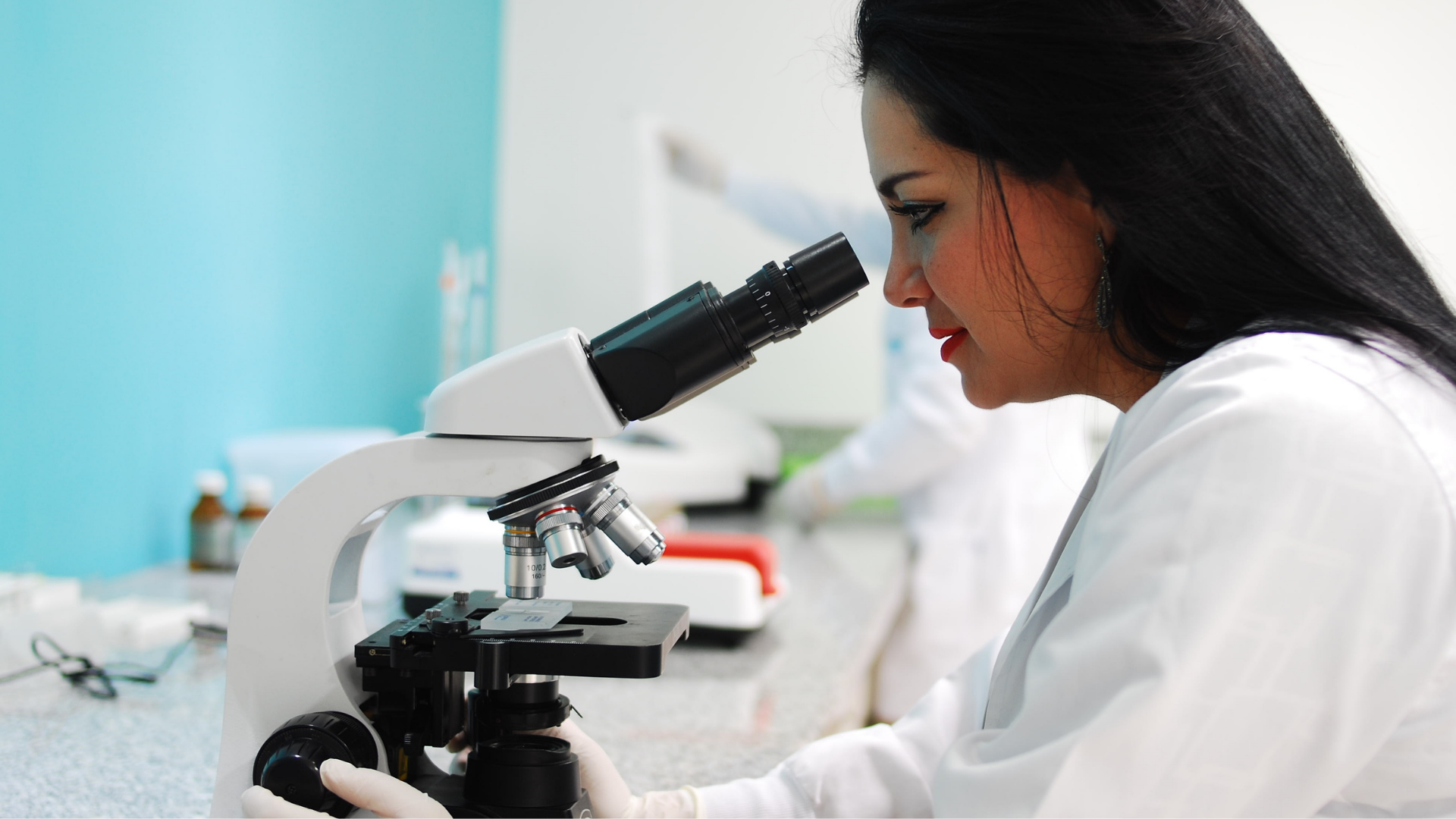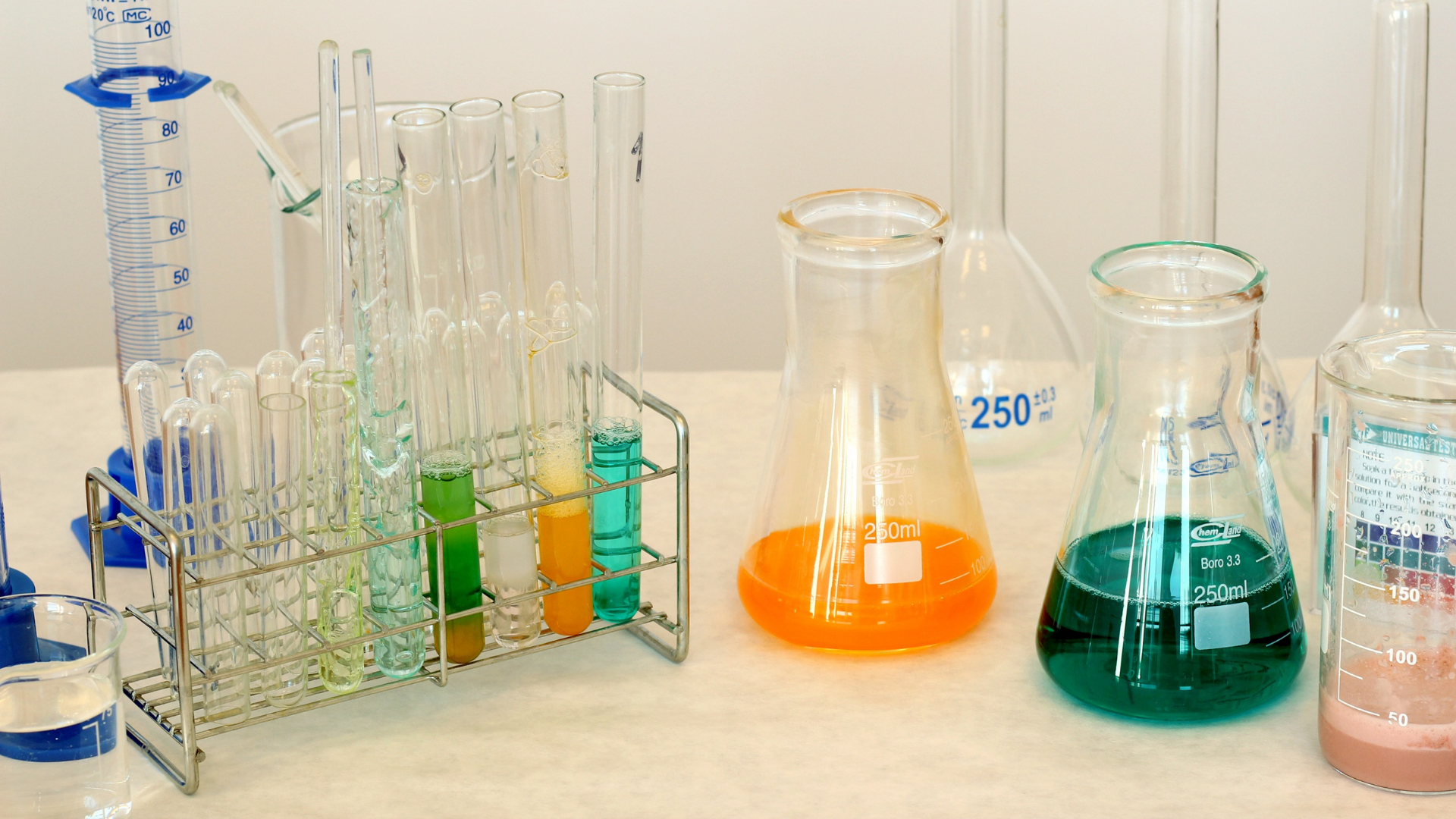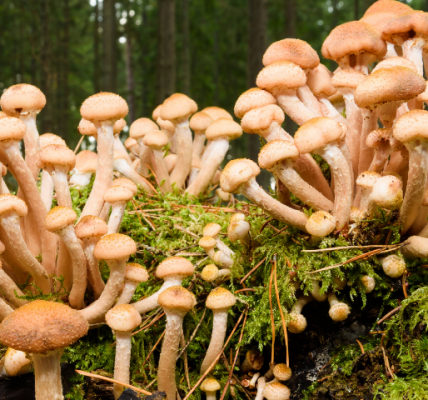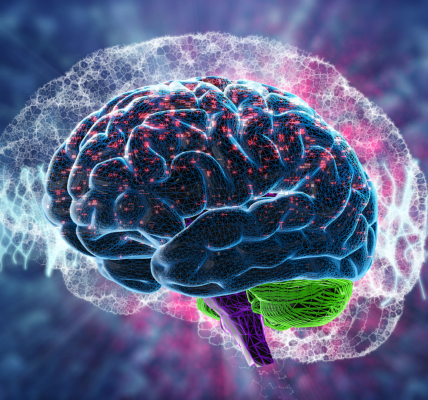Scientists are people who study the world and everything in it, from tiny living things like bacteria to giant galaxies far away. They’re also interested in what makes things work, what happens when they don’t work right, and what might happen if we do something to them.
Scientists use lots of different tools to help them find answers: microscopes and telescopes for looking at tiny or distant objects; computers that can process huge amounts of information quickly; robots that explore dangerous places like volcanoes or oceans deep below the surface of the water; even animals sometimes get involved as well.
But what are some of the different types of scientists? For example, what do data scientists do? Which tools can scientists use? And, how can you become a scientist yourself? This article will take a closer look at what scientists do.
What are some of the different types of scientists and what do they do?
There are many different types of scientists because science is a vast and varied field. There are scientists who study the natural world, scientists who study the universe and everything in it, scientists who study how our bodies work, and scientists who develop new technologies.
Some of the most common types of scientists are biologists, chemists, physicists, and engineers. Biologists study life forms and their basic functions. Chemists study the chemical properties of matter. Physicists study the fundamental principles governing the physical universe. Engineers apply scientific and mathematical principles to design and build machines, structures, systems, and processes.
Scientists play an essential role in society, as it is through their work that we enjoy certain luxuries in life. Technology, healthcare, and infrastructure all run the way they do because scientists are constantly finding ways to improve and ease the daily routine. Medical developments would not exist without the work of scientists who try to find cures for terminal diseases every day. The medical world is constantly evolving and it’s important for professionals in the associated sector to Visit www.idrmedical.com for healthcare insights and to stay updated on developments in medical research.
On a similar note, data science has come a long way in recent years because it is an interdisciplinary field that uses scientific methods, processes, and systems along with artificial intelligence to extract knowledge and insights from data in various forms. Data scientists can use data to solve complex problems and make better decisions. They work with large amounts of data to identify patterns and trends.
Moreover, data analytics is the application of data science techniques to real-world business problems. Data analytics can be used to help companies in the science sector make better business decisions, optimize their operations, and understand their customers better. By analyzing data, and turning raw data into business intelligence, organizations can identify patterns and trends that would otherwise be hidden in a mass of raw data.

What tools do scientists use?
Scientists use tools to help them see things that are too small, too large, or too far away to see with their eyes alone. Some of the most common tools for scientists include microscopes, telescopes, and lab equipment such as beakers, test tubes, and Bunsen burners.
Microscopes
Scientists use microscopes to observe cells, bacteria, and other microscopic organisms they find in their environment. Microscopes are very important because without them scientists would not be able to see what is going on at the molecular level. Without a microscope, many discoveries may have been missed or never found by scientists.
Telescopes
Telescopes are important tools used by scientists to study objects in space. By using a telescope, scientists can learn more about the planets, stars, and galaxies that make up our universe. Telescopes allow scientists to see things that are too far away to be seen with the naked eye.
Space is a fascinating place and scientists continue to learn more about it every day. By studying space, we can learn more about scientific theories developed on earth. For instance, studying the solar system has taught scientists about the weather, ultraviolet light, and gravity.
Lab equipment
Scientists rely on a diverse array of laboratory equipment to conduct their research and experiments. For instance, botanists, who delve into the extraction of bioactive compounds and essential oils from various plant materials, make use of fume hoods. It is a crucial piece of laboratory equipment often designed by this company called Genie Scientific (and its counterparts) to protect researchers from the potentially harmful emissions arising during the extraction process.
Aside from this, you can also come across a diverse array of chemical compounds in a lab, with acids and bases being prominent constituents. To navigate these substances, scientists often rely on pH Electrodes From Sentek. These tools gauge the potency of acids and bases, aiding scientists in their proper handling and segregation.
Typically, segregation hinges on whether substances are diluted or concentrated. While diluted reagents may not necessitate extensive safety measures, handling concentrated reagents demands caution, as they can pose significant risks to the body. In order to avoid any accidents, scientists tend to buy distilled water for diluting such concentrated acids. However, small amounts of such compounds are usually stored for any specific experiment. It is a possibility that scientists can get the desired result after every test. If not, the scientists can use the data to determine what went wrong and how to fix it.

How can you become a scientist?
Becoming a scientist is not an easy task. It takes years of dedication and hard work to achieve the level of expertise required to make real contributions to the field. But it is also a very rewarding career. Skilled scientists are in high demand and it is a career that allows you to explore the unknown, ask questions about the world around you, and make discoveries.
Here are 6 steps to take if you want to become a scientist:
- Get a good education. A good education is essential for any aspiring scientist no matter what your chosen field of study. Many great schools offer science degrees, so find one that best suits your needs and interests. You could also consider a Master’s degree if you majored in a less scientific field.
- Get experience in the field. Once you have your degree, it’s important to get some hands-on experience in the field of science you’re interested in. This could mean working in a lab, doing research, or even teaching science classes at the high school or college level. Additionally, for a career in data science, learning computer skills such as coding or how to work with big data is strongly recommended.
- Network with other scientists. Meeting and interacting with other scientists is a great way to learn more about the field and find mentors who can help guide you on your journey to becoming a scientist.
- Stay up to date on the latest research. Keeping up with the latest research is important for any scientist, so make sure you read scientific journals and attend scientific conferences.
- Keep an open mind. Science is constantly evolving, so it’s important to be open to new ideas and not be afraid to change your mind when new evidence arises.
- Be passionate about science. Above all, you need to have a passion for science if you want to become a scientist. It’s a difficult journey, but if you have a genuine interest in learning and exploring, then you’re on the right track. Whether the role of a data scientist appeals to you or you prefer to conduct experiments in the field, your love for science should guide your decisions.
Is science the career for me?
Scientists work in many different fields, from environmental science to medical research. And with the rise of data science, there are more and more career paths opening up for scientists who want to use their skills to make a real impact on the world. So if you’re looking for an interesting and challenging career, science might be just the thing for you.





